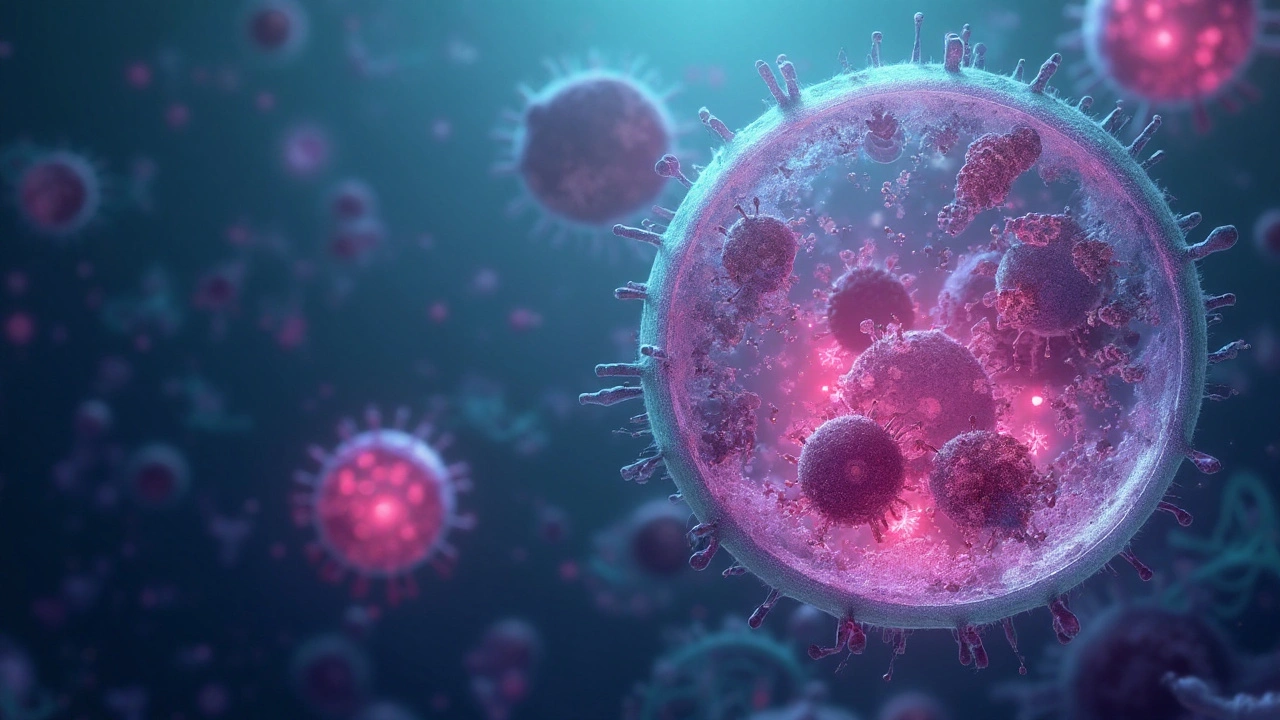Chlamydia: What You Need to Know
Chlamydia is one of the most common sexually transmitted infections (STIs) worldwide. It spreads mainly through vaginal, anal, or oral sex, and many people never notice they have it. If left untreated, it can cause serious problems like pelvic inflammatory disease or infertility. The good news? It’s easy to test for and simple to treat with a short course of antibiotics.
Common Signs and Symptoms
Most folks with chlamydia feel fine at first. That’s why doctors call it the “silent STI.” When symptoms do appear, they’re usually mild and show up within one to three weeks after exposure. Women might notice abnormal vaginal discharge, a burning sensation when they pee, or pain during sex. Men often report a thin discharge from the penis or a burning feeling while urinating. Some people get a sore or bump on the genitals, throat, or rectum if the infection is in those areas.
If you’re pregnant, chlamydia can pass to your baby during delivery, leading to eye infections or pneumonia in the newborn. That’s another reason why routine screening is crucial, especially if you’re sexually active with new or multiple partners.
Testing and Treatment
Testing is quick, painless, and usually free at clinics, community health centers, or through your doctor. The most common method is a urine test for both men and women, or a simple swab from the cervix, urethra, throat, or rectum depending on exposure. Results often come back in a few days, and if it’s positive, treatment starts right away.
The standard treatment is a single dose of azithromycin or a week of doxycycline taken twice daily. Both are highly effective, but it’s important to finish the full prescription even if symptoms disappear. You’ll also need to avoid sex for at least seven days after a single‑dose pill or until you finish a week‑long course of doxycycline.
Because chlamydia can easily spread, your recent partners should be notified so they can get tested and treated too. Many health services offer anonymous partner notification tools to keep the process private.
After treatment, a follow‑up test is usually recommended about three months later to make sure the infection is gone, especially if you’re at high risk of re‑infection.
Remember, using condoms consistently and limiting the number of sexual partners are the best ways to protect yourself from chlamydia and other STIs. If you have any doubts or notice unusual symptoms, don’t wait—talk to a healthcare professional today.
Chlamydia and Your Immune System: Understanding the Connection
- Cheryl Moran
- September 25, 2025
- 15 Comments
Explore how Chlamydia interacts with the immune system, why it often goes unnoticed, and what the body does to fight it. Learn about symptoms, treatment, and prevention in plain language.
read more